can birth control cause uti
/UTI-causes-5ad8bc52c5542e003670aabf.png) UTIs: Causes and Risk Factors
UTIs: Causes and Risk FactorsCould the pill be blamed for the frequent UTIs? Can hormonal contraceptives influence urinary tract infections? If the outbreaks of recurrent cystitis are dropping then naturally, we want to see the potential causes as well as the solutions. Something many women trust today is the birth control pill, but is this likely to have an effect? Here I explore the possibility and explain what can be done to help. Emma Thornton Qualified nutritionists (BSc, MSc, RNutr) Common Causes of CystitisWhen it comes to urinary tract infections (Is), the main cause is that bad bacteria enter the wrong places. Since bacteria infect your urinary tract, it can easily lead to a bladder infection, which we call cystitis. But how is this happening? In most cases this happens as a result of the simple transfer of bacteria. This is more common in girls (we have anatomy to thank you) and can grow more often after sex or as a result of different clothing options or hygiene practices. However, what else could an influence have? Is it possible that daily medicines also have an effect? How do you know if the pill is having an influence? When it comes to the pill and UTIs or cystitis, it is first important to consider what the pill is actually doing. The pill, as well as many other forms of hormonal contraceptives, including implantation, injection and Miraa coil, act as contraceptives by providing a specific dose of synthetic sex hormones, namely oestrogen and progesterone. In this way, they help prevent pregnancy and can help with, for example. However, if our natural balance of hormones can contribute to the symptoms of PMS, is it not possible that synthetic hormones provided by the pill or other forms of contraceptives can also influence our symptoms? Although it is not common knowledge and we do not know exactly why, early research shows that being in the pill puts us at greater risk of infections and changes in the structure of the urinary tract1. A theory for this is that significant drops in oestrogen could have a part to play. Especially when it comes to oestrogenic forms of the pill, that is, the combined pill, the oestrogen drop we experience at the end of the month could be to make our tissues more prone to infections. Almost like a mini menopause, the low oestrogen can affect the structure of the delicate mucous membranes, or muscles, that line of many parts of our body, including our urinary tract, making infections more likely to be established. Worryingly, it also looks likely that the longer a lady had been on hormonal contraceptives, the more likely she was to suffer from recurrent infection1. Another possibility is that the effects of hormonal contraceptives on our nutrient stores. These medicines are believed to contribute to draining our vital mineral stores, including vitamin C, vitamins B and zinc, to name some, both of which have an important role in supporting our immune system and therefore our ability to stay on top of infections. Finally, women with hormonal contraceptives are probably more sexually active than those who do not need it. It's not that sex directly causes intrauterine infections, but maybe we have to take more measures to protect ourselves from the transfer of bacteria; a higher tip is to make sure you go to the lous directly after sex to help keep any persistent bacteria that you go through. So, as well as hormonal methods, how do contraception barrier methods come into all this? Is there a risk there too? Condoms, depending on how they are used, could make the transfer or bacteria more likely, and other options such as diaphragms or sperms run the risk of changing the inner environment of the vagina. The pH of the vagina is well equipped to prevent bacteria, so if this is deliberately changed it could make infections more likely, so this is also something to be taken into account. What can be done to help? If you suffer from relapse infections of the urinary tract and suspect that you are in the pill, or other type of hormonal birth control, you might be contributing, some advice from me to deal with this is the following: Listen to your symptoms Sounds pretty simple, but do we hear many of us and want to really listen to our symptoms? If your cystitis symptoms grow at the same time every month, hormones are likely to have something to do with – it's time we start to understand more than what's going on with our bodies, and especially if you're in hormonal contraceptives. This also applies to specific symptoms, once you have begun to identify the underlying cause, you should expect it to start having a better option to prevent those who get so many of them. However, if you accumulate in odd time, by , you will expect you to be in a better position to decide if you can or if a chat to your doctor Hand by hand with paying more attention to your symptoms, when it comes to cystitis, it may be useful to chat with your doctor. First, discussing your pill may be the best place to start. As discussed above, the research suggests that certain pills could contribute to some of the symptoms of cystitis, so it is better to consider your current situation and perhaps a chat with your doctor will open the possibility of some different options for you. If one type of pill is not in agreement with you, it may be time to try to change another or explore contraceptive methods that I had not yet considered. So, when it comes to treating the infection itself, although antibiotics come over the mind for many of us, there is a time and place for antibiotics when it comes to UTIs (read my blog about this topic for more detail). The threat of antibiotic resistance is fast on us, not to mention the adverse effects that antibiotics may have on our balance of beneficial bacteria, so all this is something that needs to be taken into account and perhaps think twice about going forward. My advice if antibiotics are considered necessary is to take other steps to manage your symptoms Whether with or without any intervention from your doctor first (in terms of discussing the pill), sometimes when it comes to managing the symptoms of urinary infections, it may be appropriate to take things into your own hands. Factors like , and surprisingly, you also have to help keep things under control – something as simple as managing liquid intake can have a big difference (more water, more and less caffeine, for example), can be a simple step in the right direction. However, there are also herbs that can help. You can take this up to 5 times a day at the height of an infection to help get problem symptoms under control. 1. Where to Buy Uva-ursi and Echinacea Local TintureLooking for a solution to relieve symptoms of cystitis? Don't look any longer. Our Uva-ursi and Echinacea tincture is a licensed herbal remedy used to relieve symptoms of cystitis in women. To find local independent stores in your area that sell Uva-ursi and Echinacea tintura, simply type your post code below. Uva-ursi and Echinacea – for cystitis50ml£ 10.50Fresh uva-ursi extracts and echinacea to help maintain the health and comfort of the bladder. LasThe best selections of our expert for a healthy bladder and dietary advice1£ 36.48Products key to bladder health and cytitis: Uva-ursi and Echinacea Complex, ... Let's talk more about cystitis What's asked? There are many useful things that can make diet-sabio to reduce the likelihood of cystitis. • Drink... No, it's a bacterial infection that can't be captured and can't spread to someone else. Maybe... A urine sample is given to the doctor, who sends it to test it. A urinary tract infection is... Can cystitis and brush be linked? If you suffer from both cystitis and recurring brush, or find that when one develops, the other follows shortly thereafter, you will know how frustrating it may be. This is what I recommendEmma our women's health advisor recommends Uva-ursi Complex to help relieve symptoms of cistitis and blueberries to maintain bladder health. Did you know? Cystitis is sometimes known as honeymoon cytitis. Why? Well, during sex, bacteria can spread from the perineum to the urethral opening. Therefore, the risk of developing cystitis increases depending on the frequency of sexual intercourse (I feel honeymoons!). Support a healthier happier than youAlfred Vogel guides to lead a healthy and happy life Nature is just about how best we have! Nature is the best we have! Healthy and Nutritive Ideas at Dinner Get new recipes on your inbox every week. Register now I have read and accept

What is UTI (Urinary Tract Infection) and how it is diagnosed? | Apollo Spectra

Can Birth Control Cause a UTI? What to Know

Do oral contraceptives lead to recurrent UTIs? | TheHealthSite.com

UTI Symptoms, Causes & Ways to Treat Them - Dr. Axe

UTIs and BV During Pregnancy: Risks to the Baby

Can birth control cause a UTI? – Stix

Urinary Tract Infection Causes in 2021 | Uti causes, Urinary incontinence, Urinary tract infection
16 Useful Home Remedies For Urinary Tract Infection Treatment

Does taking birth control pills cause UTI? | Pune365
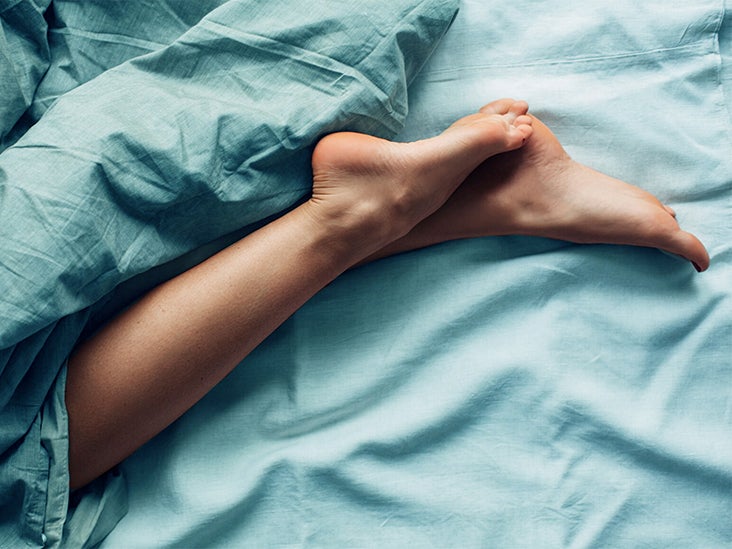
Can Birth Control Cause a UTI? What to Know
/urinary-tract-infections-prevention-3520513-Final-97d8fcb9b123490c852ad3480b982792.png)
Preventing a Urinary Tract Infection (UTI)
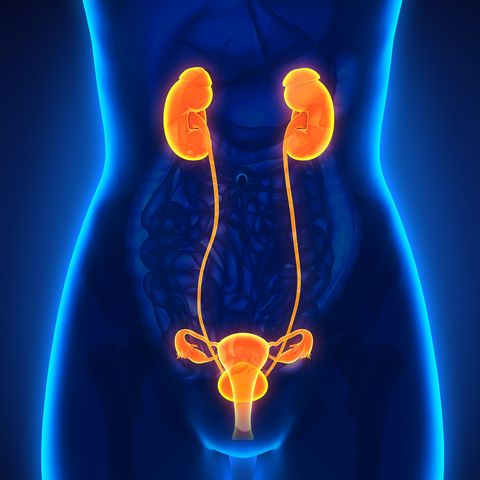
9 UTI Causes in Women – How to Prevent Urinary Tract Infection

Women's Urinary Tract Infection (UTI) | Women's Health Singapore
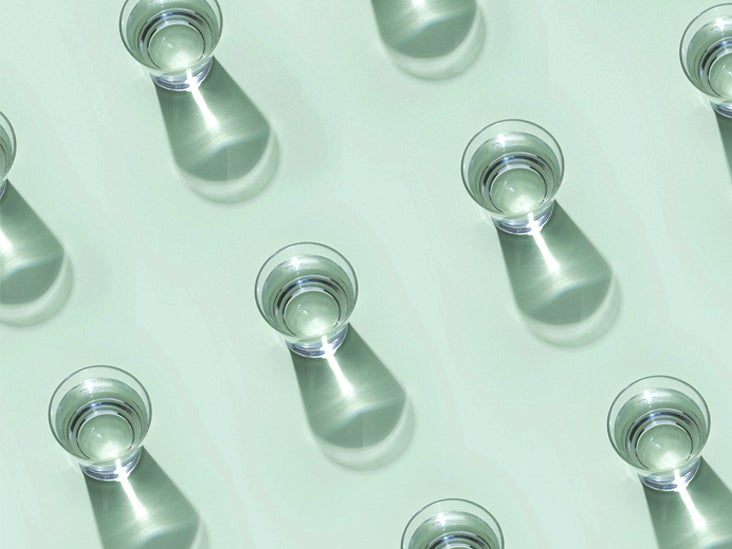
Can Birth Control Cause a UTI? What to Know

4 Links Between Hormonal Contraceptives & UTI - Stop UTI forever

7 Facts Proving IUD & UTI Link - Stop UTI forever

UTI in pregnancy: Causes, risks, and treatments

Urinary Tract Infections (UTI) OBGYN in Queens & Long Island, NY

Cystitis - Infectious Disease Advisor

Urinary Tract Infection (UTI): Symptoms, Treatment, Home Remedies & Prevention
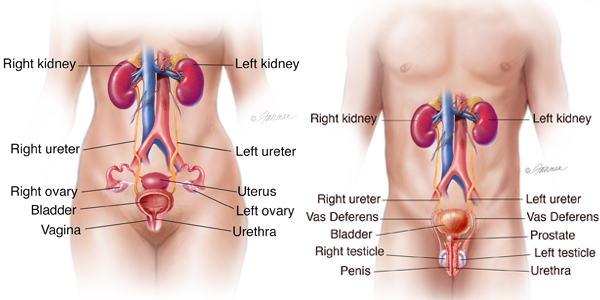
Urinary Tract Infection(UTI): Symptoms, Diagnosis & Treatment - Urology Care Foundation
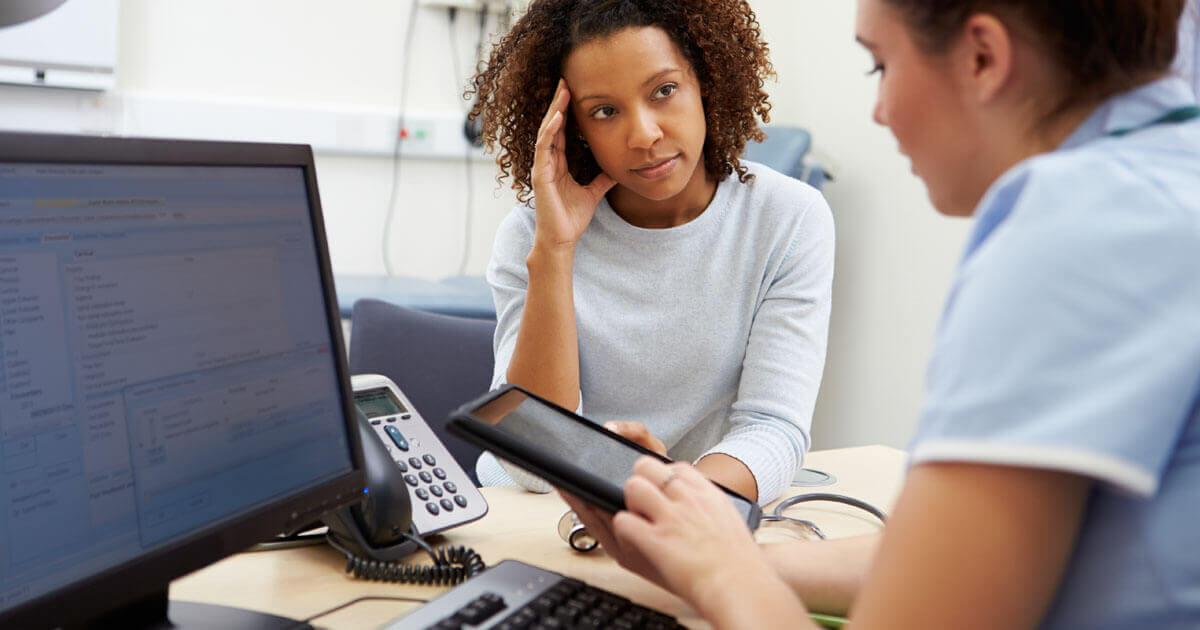
Urinary tract infections | womenshealth.gov
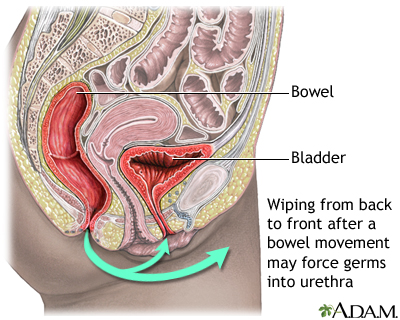
Urinary tract infection - adults: MedlinePlus Medical Encyclopedia

UTI Causes: 11 Things That Can Cause a Urinary Tract Infection

Birth Control Types, Side Effects, Effectiveness, Risks

8 UTI Symptoms in Women - How to Treat Urinary Tract Infection

Urinary Tract Infections or UTIs: What to Know About Symptoms, Treatment, Prevention | Everyday Health

Can Birth Control Cause a UTI? What to Know
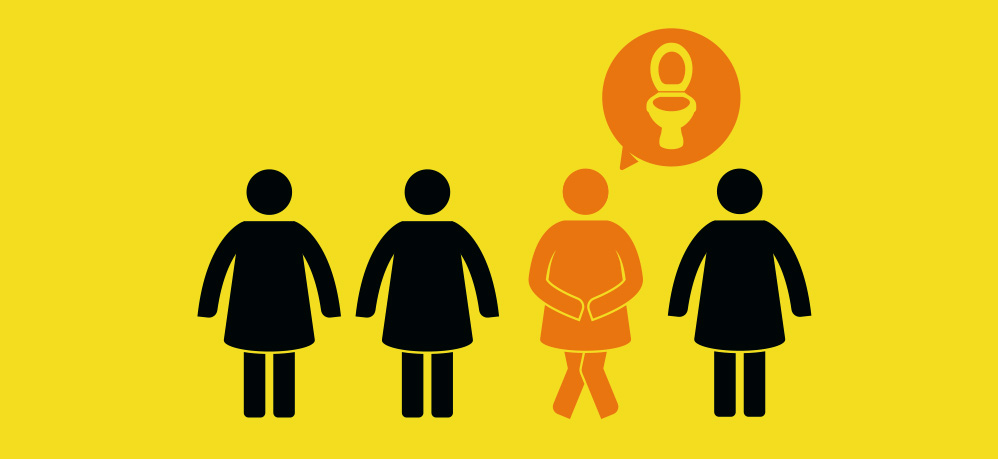
UTI Causes: 4 UTI Myths | AZO

Can You Have Sex With a UTI? | SELF

Can Birth Control Cause a UTI? What to Know -
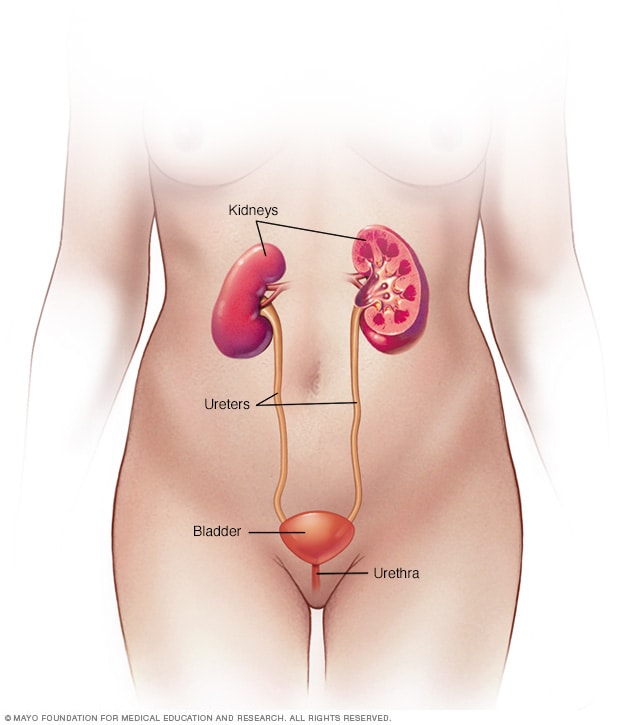
Urinary tract infection (UTI) - Symptoms and causes - Mayo Clinic

Causes and Risk Factors of UTI | Everyday Health

Blog – How to stop the cycle of chronic UTIs | Main Line Health | Philadelphia, Pennsylvania
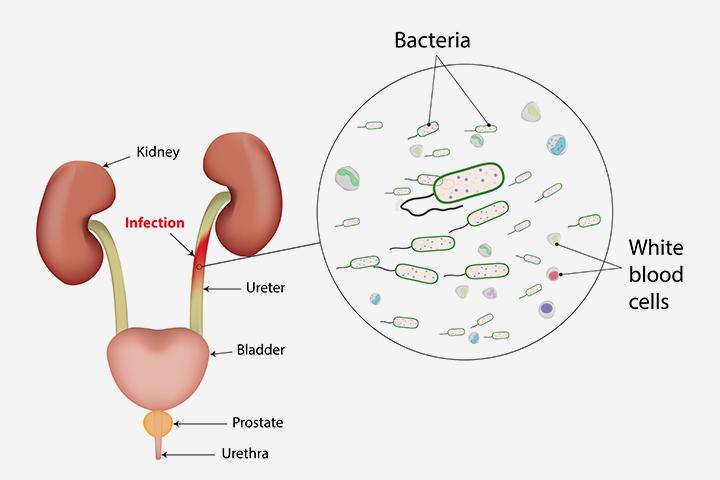
UTI In Teens: Causes, Symptoms, Treatment And Home Remedies
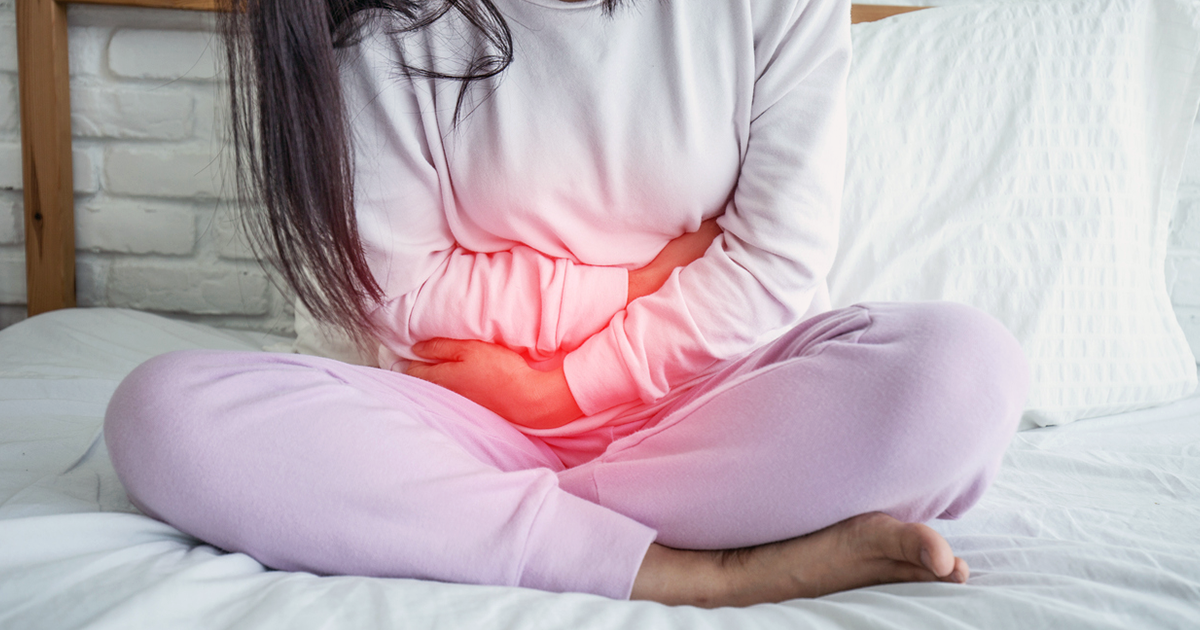
Urine Infection - Causes, Symptoms, Diagnosis, Treatment & Prevention

Honeymoon Cystitis: Can Sex Cause Urinary Tract Infections?
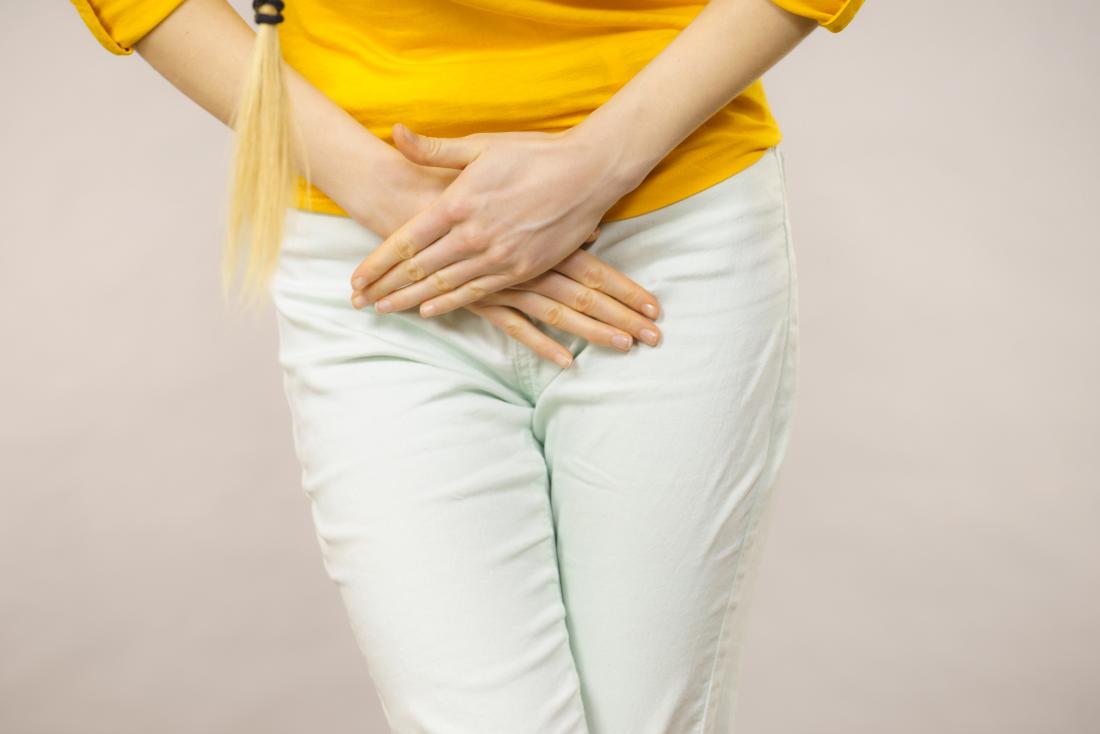
Chronic urinary tract infection (UTI): Causes and treatments

Urinary Tract Infection in Men - Harvard Health
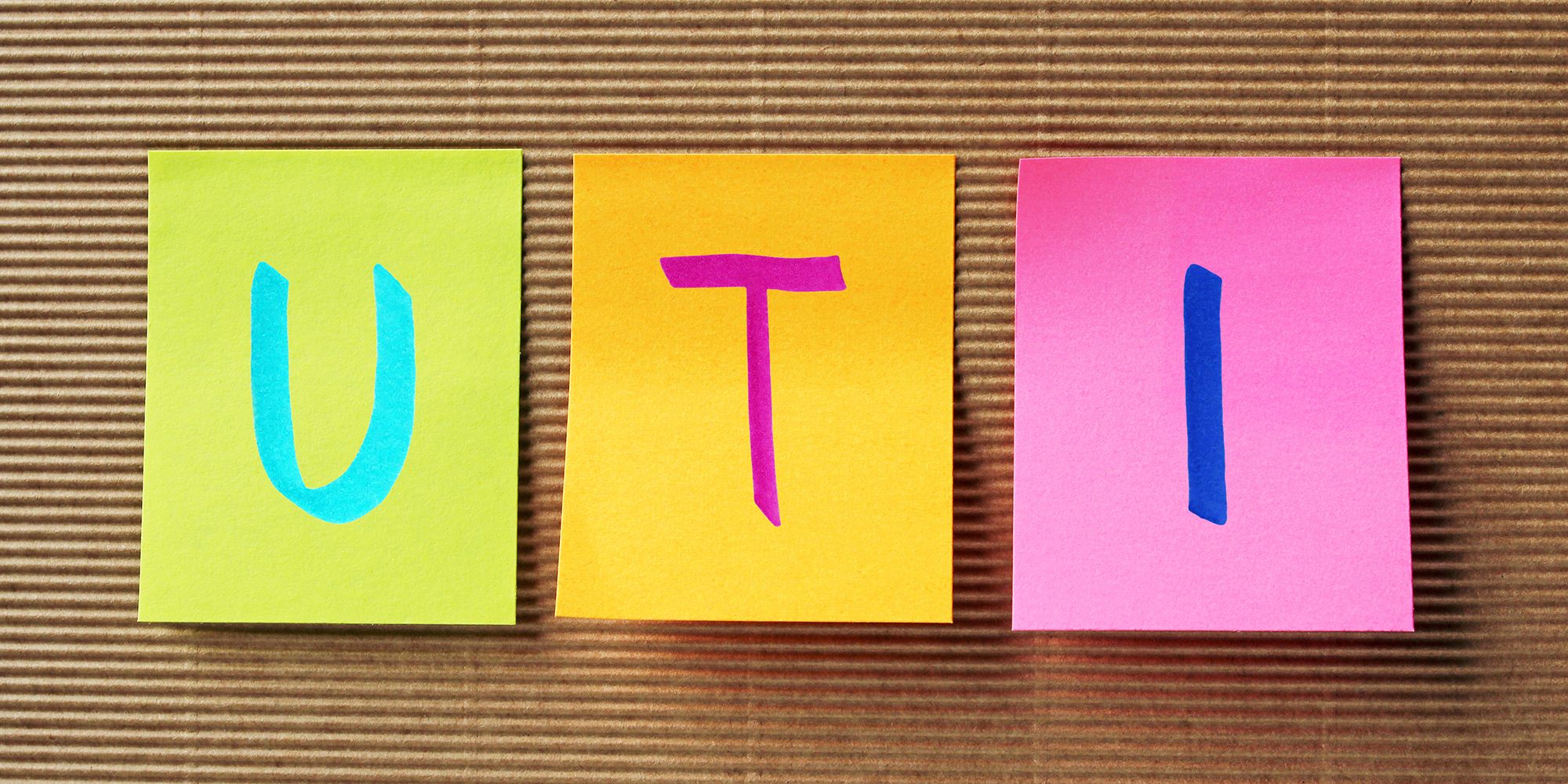
How to Prevent UTIs - 9 Tips for Avoiding Recurrent Urinary Tract Infections
Posting Komentar untuk "can birth control cause uti"